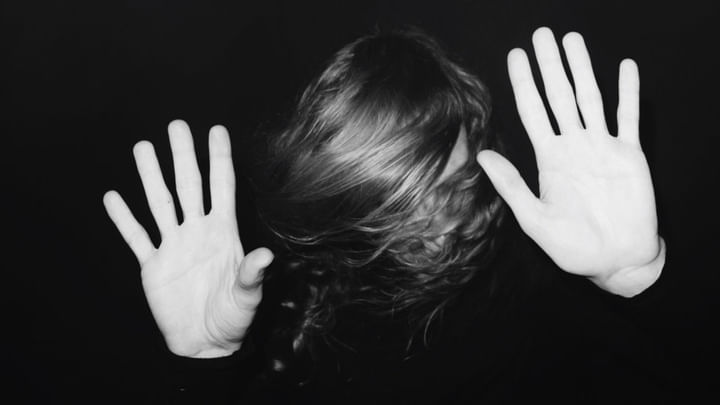Ways To Overcome Depression!
Depression is not just sadness that requires treatment but sadness becomes severe and often tearful, usually along with poor appetite or overeating, sleep difficulties, low energy, low self-esteem, poor concentration, difficulty making decisions and feelings of hopelessness. Sometimes, due to the early experiences of life, the person starts formulating dysfunctional assumptions (rigid, resistant to change and extreme). The problem arises when these assumptions get activated by critical incidents which further leads to automatic negative thoughts and triggered symptoms of Depression. Counselling Psychologist or Depression Counsellor observed that person may show certain behaviour patterns during the depression:
- Negative Thoughts:Person has a negative view of self. A person perceives oneself inadequate and deprived. A person also depicts ongoing experiences in a negative way. Person thinks negative about the future.
- Arbitrary Thoughts:Person draws conclusions without considering alternatives or on the basis of inadequate evidence.
- Selective Abstraction:Person pays attention selectively to the wrong clues. A person pays attention to some particular cues and ignores others.
- Overgeneralization:When a person fails in one particular task and then generalizes that failure in other tasks too.
- Magnification:Here little things become totally out of proportion i.e. making a mountain out of the molehill.
- Rules or Assumptions: Person thinks rules become part of their cognitive structure and considered to be true in all situations. Some judge themselves inadequate as compared to their own high standards.
- Helplessness:Person expects that bad events will occur and nothing can be done to intercept them. After meeting failure, when a person formulates internal clarification, passivity increases and self-esteem drops whereas when person formulate external clarification for failure, passivity ensures but self-esteem stays high.
- Blaming:When situations are beyond control, a person often blames oneself when something goes wrong. The basic reason behind this is expectations.
- Suicidal or Self Injury:Person shows such behaviour as an impulsive act to produce some attention from the surroundings. The purpose is to alter their life situation not to die.
For treatment, medicine alone will probably never provide the solution to Depression. There are numerous Cognitive and Behavioral Techniques (CBT) have been advocated in the treatment of Depression which focused mainly on changing behaviour on the one hand and changing cognition on the other hand. Counselling Psychologists or Depression counsellors used these Cognitive and Behavioral Techniques (CBT) to modify maladaptive belief systems, attitudes and expectations. The major aims of these Cognitive and Behavioral Techniques (CBT) are to:
- Increase Activity: Social Reinforcement can be used to start the process and various activities of a depressive person.
- Reducing Unwanted Behavior: Thought Stopping Technique can be used to direct negative thoughts.
- Increasing Pleasure: Number of activities that tends to elevate the mood, being relaxed, thinking something good about the future and having peace and quiet
- Enhancing Skills: By gradually increasing the difficulty of tasks and with practice, the confidence level of the person increased. Target is to enhance skills like Painting, Sketching and Dancing



+1.svg)
